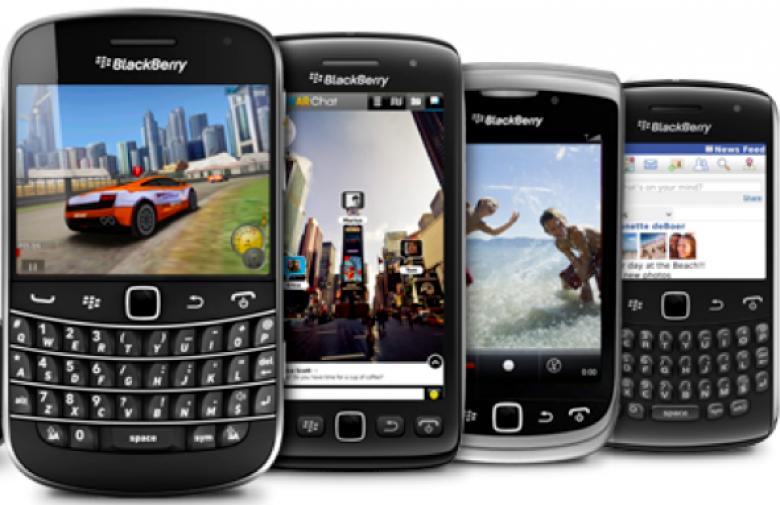Why people still use BlackBerry: keyboards, security, and IT requirements
It’s no secret Research In Motion has lost its once-dominant position in the smartphone world. Despite slight increases in sales, BlackBerry market share has plummeted in percentage terms compared to the surging iPhone and Android, falling from 18.7 percent to 11.7 percent in the second quarter. After a recent outage left RIM’s back-end systems inconsistent and unresponsive for parts of four days, we argued that RIM is destined for an eventual demise, hastened by the consumerization of IT. As long as the iPhone and Android are good enough to meet corporate IT requirements, consumer choices will erode RIM’s last area of strength: the enterprise.
But not everyone agrees that RIM’s situation is as dire as it appears on first glance, and indeed some people prefer BlackBerrys. After all, the company has 70 million subscribers. To get a sense of what RIM’s appeal is in the iPhone and Android age, we decided to talk to some users and an enterprise smartphone management vendor that handles mobile deployments of all types. Some of Ars’ Twitter followers told us they only use BlackBerrys because their employers won’t allow other devices, and blamed corporate “inertia.” But it’s also true that some people just prefer the BlackBerry form factor, BlackBerry Messenger is well-liked, and RIM is still ahead of the competition in satisfying the unique requirements of highly regulated industries.










































































